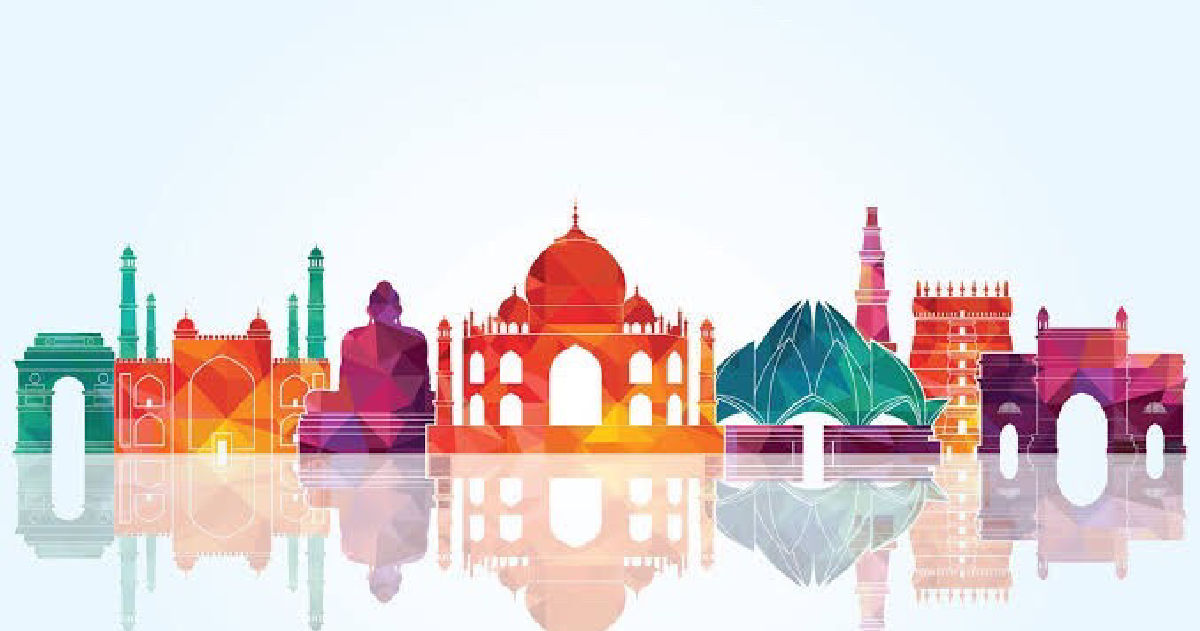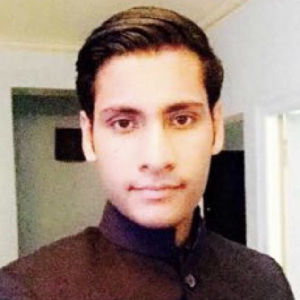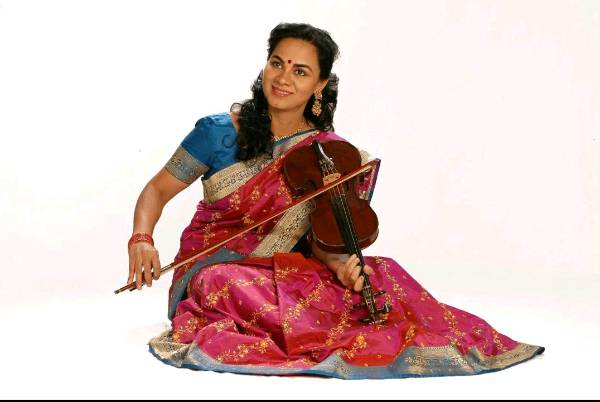
@Inditalk
Matters that matter to the average Indian

Bhomik Mathur
@Bmat · 1:12
In conversation with Dr Sangeeta Shankar, Violinist, Hindustani Classical Music
From the age of just eight years, she has followed the footsteps of her illustrious mother and guru, Padma Bushin. Dr. Enrajam. She is a highly skilled exponent of the gaiki ang on the wall. So, Dr. Fengita, welcome to Swell. Thank you so much for giving us your time. My first question to you would be how did you enter the world of music? As we all know, your mother is a violinist herself and has been awarded the Parmabusian by the government of India
Hello. Yeah, Hi. Good evening, everyone. This is Sangeeta Shankar here. Music has been in my family since seven generations actually. It is just what all the children in the family were taught music right from the age of three. So it was not my decision or something in later years as you are, but it was something that is in the family, the family tradition that is passed on to everybody

Bhomik Mathur
@Bmat · 0:32
Wow. A music background for the last seven generations. That sounds so exciting. So I was just reading a bit about you. And one interesting bit I found in your bio is that you talk of blending ancient visits with modern technology to connect to the youth. I found this philosophy very interesting. So could you explain how through your work you contribute towards connecting the ancient wisdom of classical music with Jimmy today's? Modern technology
Swell Team
@Swell · 0:15
Yeah. This is pertaining to the ancient 22 shrutis of Indian music, which has a reference in the ancient Sanskrit text written by A. Rishis and music centuries ago. So that time people used to learn music just by hearing it. But today, technology has become so much of a part of our everyday lives that even music is processed through technology. It is sometimes made through technology. The keyboards are connected to the computer and it's made sound nicer through technology

Bhomik Mathur
@Bmat · 0:30
That sounds super interesting. So my next question is something which I ask to every music, every content creator, because everyone has a very unique answer to it, very creative answer to it. So that question would be what is your music making process and how do you get ideas for your compositions? Also, is there any particular composition of yours that you enjoyed the most creative? Bye
Music making process. It's, like, absolutely spontaneous, but different kinds. It's different things for different kinds of music. If you're looking at classical music performances, absolutely spontaneous. I really don't know what I'm going to do next. And it just flows out one idea after the other within the traditional norms. As the ideas come to me, I just perform. What comes to my heart comes out

Bhomik Mathur
@Bmat · 0:25
I'm sure this would help a lot of the budding musicians who are listening to a conversation going on. So you have also founded the school of music at Whistling Woods International, along with famous Bollywood director Mr. Sabajkai. So what was your vision behind starting this institution and how has your experience been teaching young minds about classical age old classical music
The School of Music at Whistling Woods was built with the vision that I had because it's like many young music directors today, just because see, while using technology, basically anybody puts their hand on the piano, a nice sound comes out at the other end from the speakers. So that sure sounds like music. But then it's not something that they have learnt. They have not really learned the basics of the subject

Bhomik Mathur
@Bmat · 0:26
So this would be my final question before I open up the floor for audience. So we have a lot of young minds who are listening to this conversation and who may be interested in making a career in music. So what would be your tips, your advice to someone who is looking at making a career in Hindustani classical music? What are the challenges which one must be ready to face? And what would be your general advice to such people
If you want to RIA a lot of practice is what makes it perfect. And a career in Indian music or career in music as such, there are many, many options. So you can choose from the many options available today. I mean, you could be a performer, you could be a teacher, you could be playing for weddings, you could be curating something. You could be in the offices of the television shows where they require people who know music

Bhomik Mathur
@Bmat · 1:05
As the saying goes, practice makes a man perfect. And music is certainly no exception to that rule. And I really like the way you termed career in music as entrepreneurship, because there's a general tendency in India are to not sort of take music that seriously, take it just as a hobby of sorts or a part time job. But yes, as you said, music is certainly a career in music is like being an entrepreneur. And it requires a lot of patience and hard work and perseverance

Karan Dev
@Karan.Dev · 0:12
Thank you so much for this conversation. I really enjoyed hearing you. My question is with regard to who your biggest role model was in the industry. As you evolve

